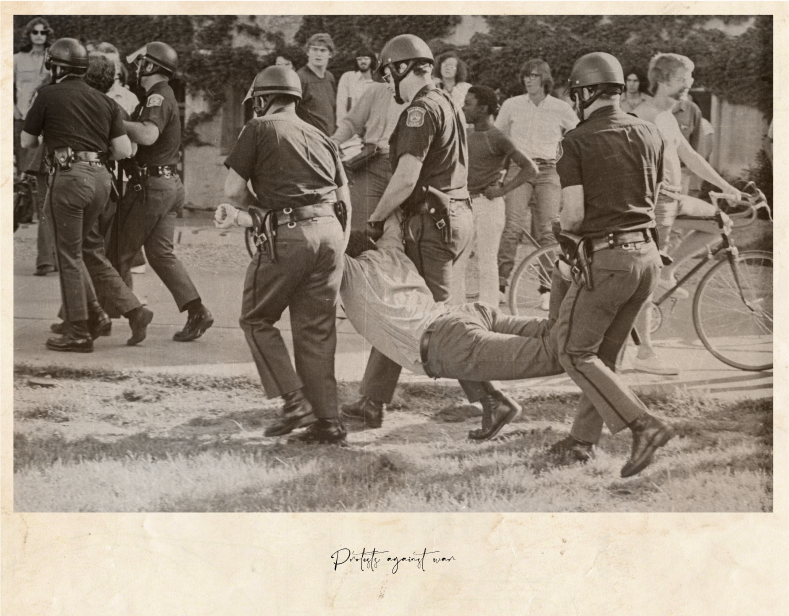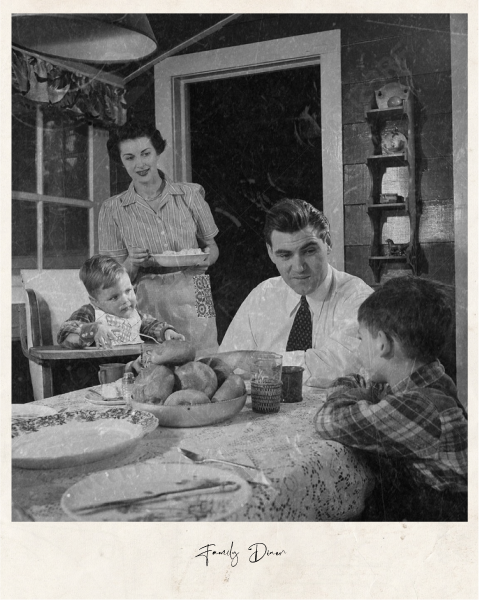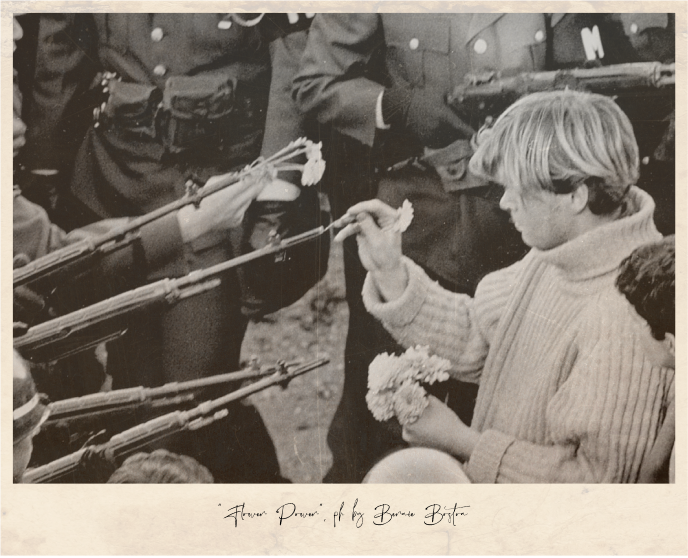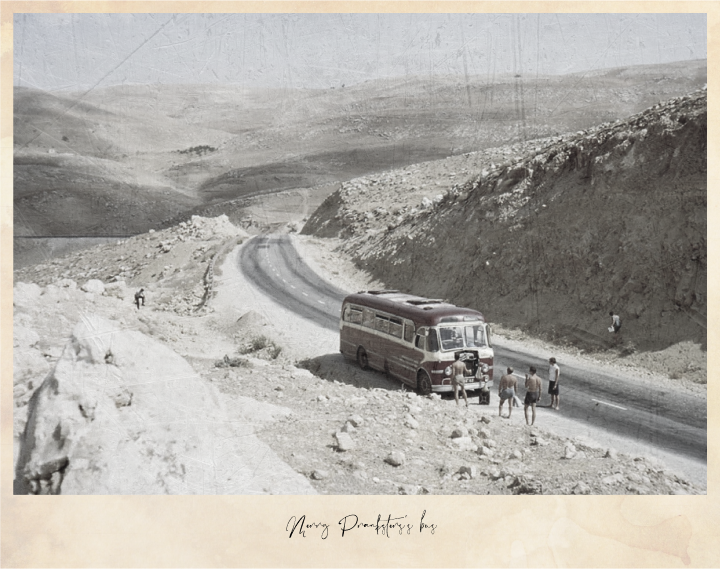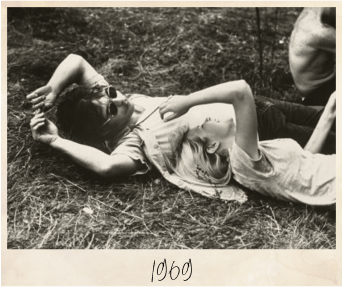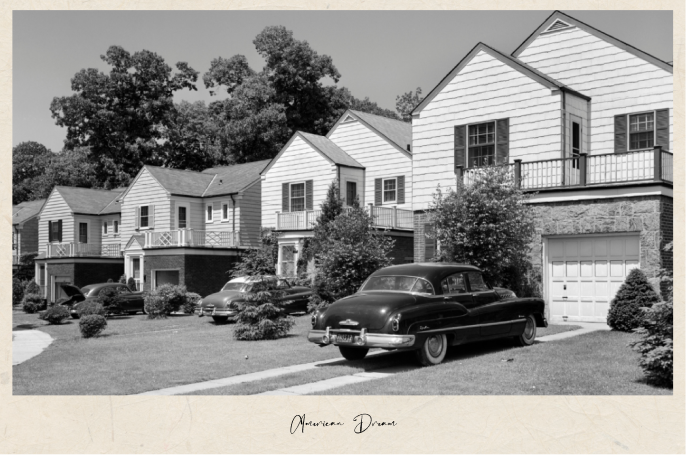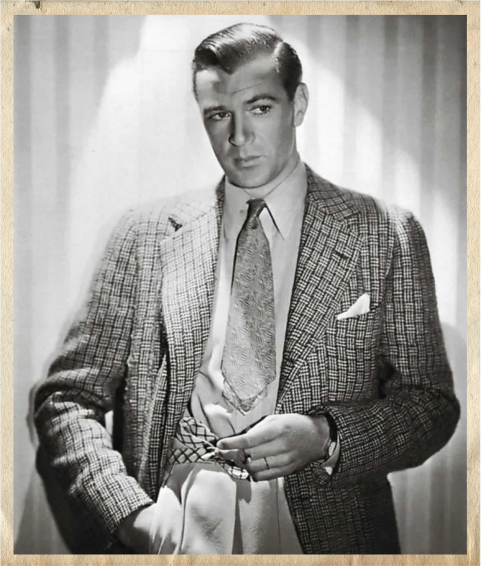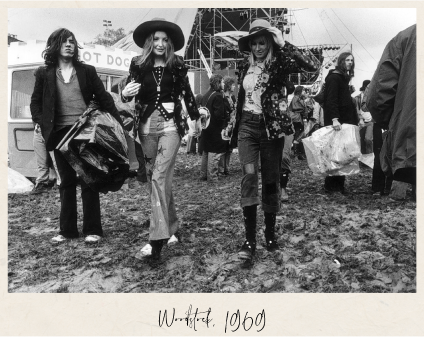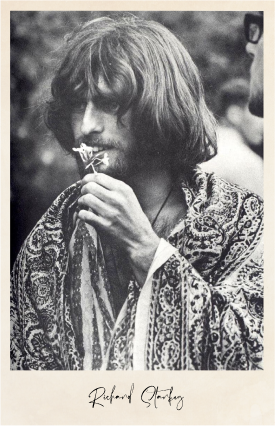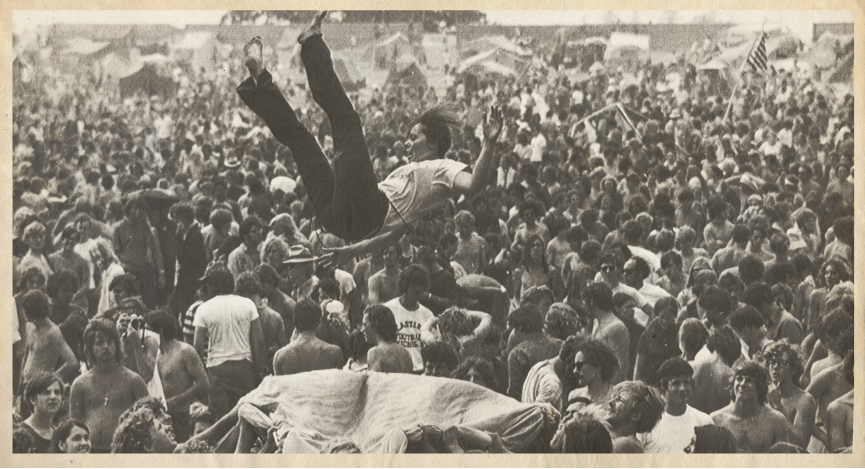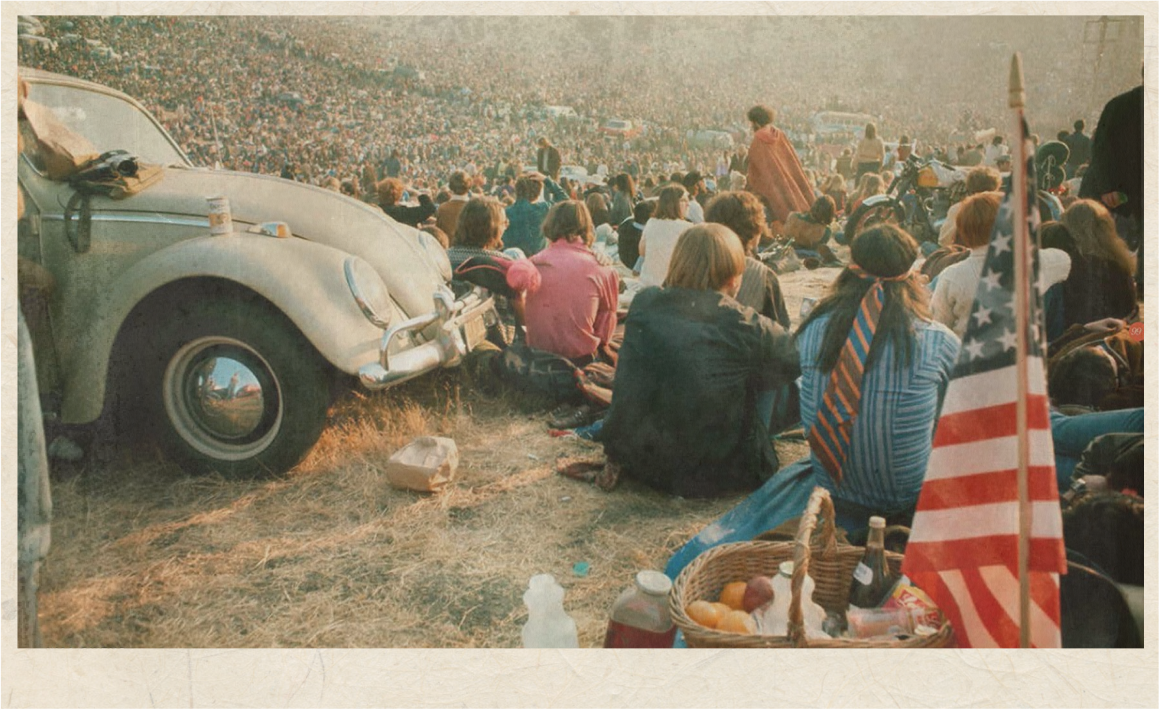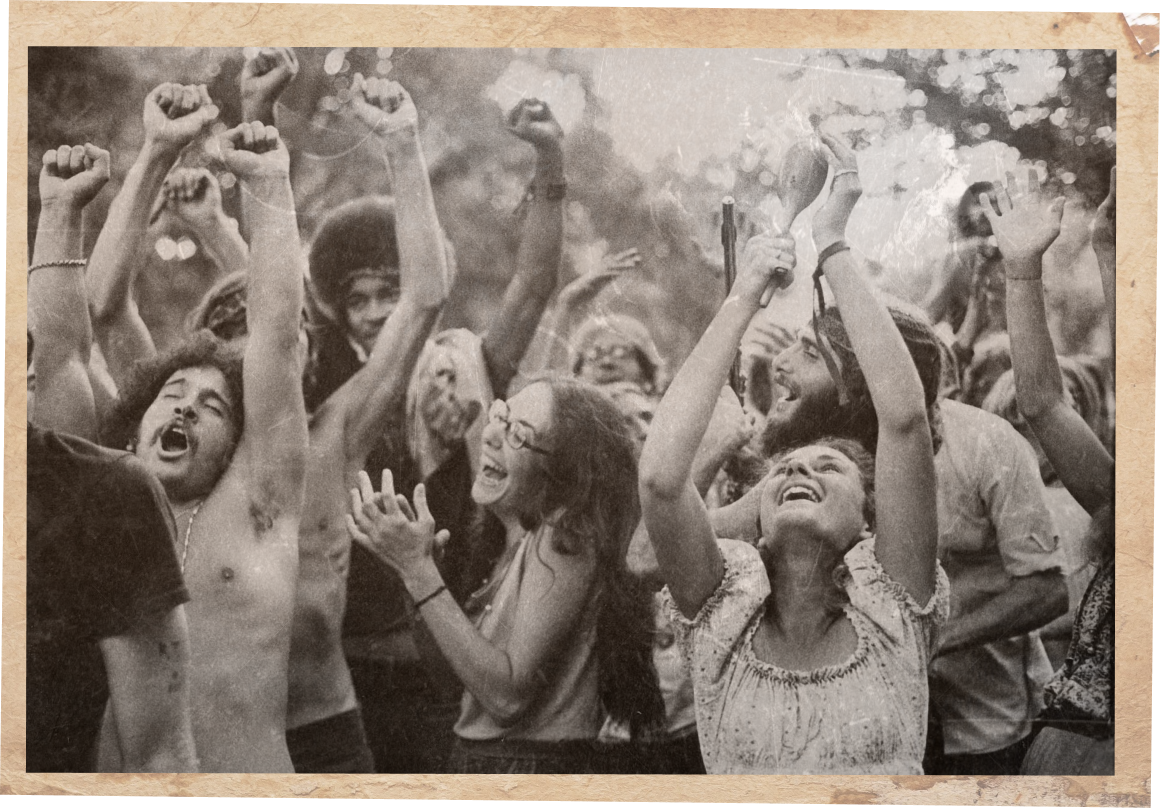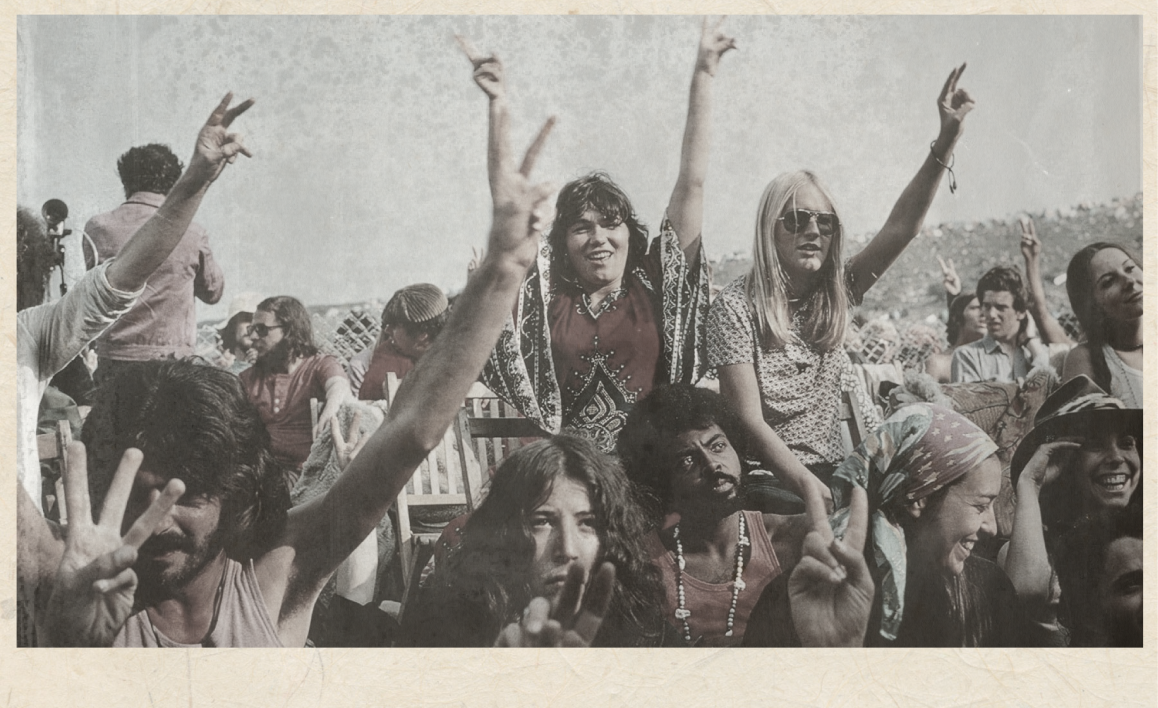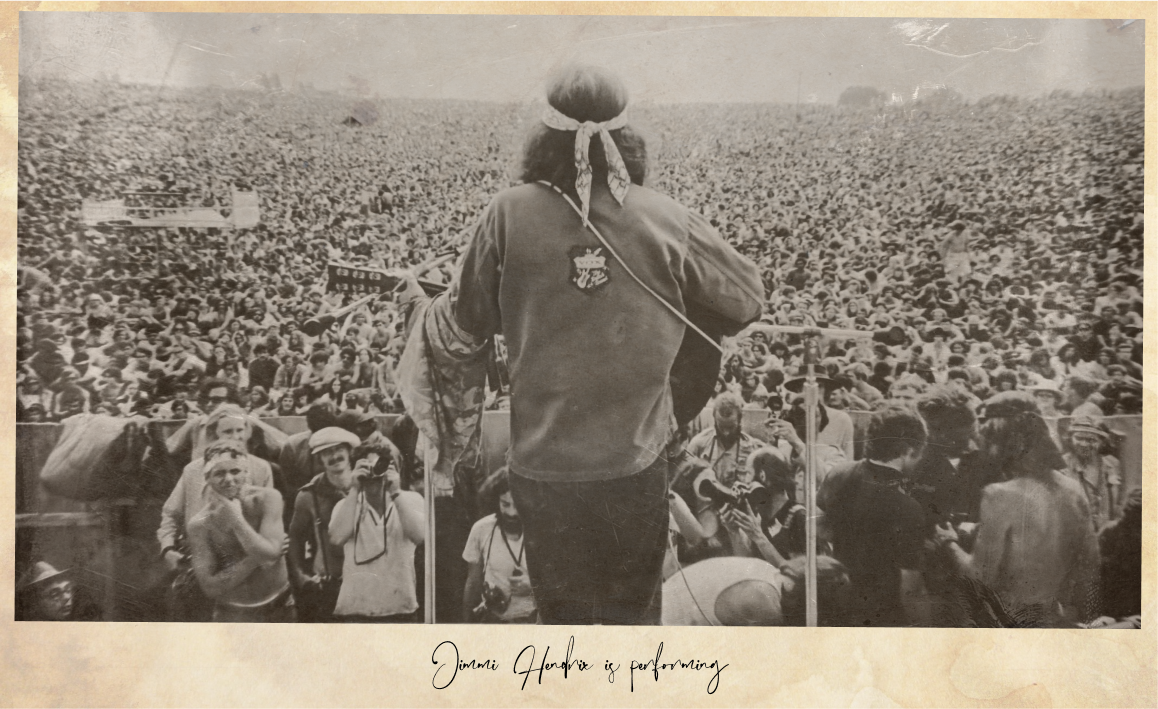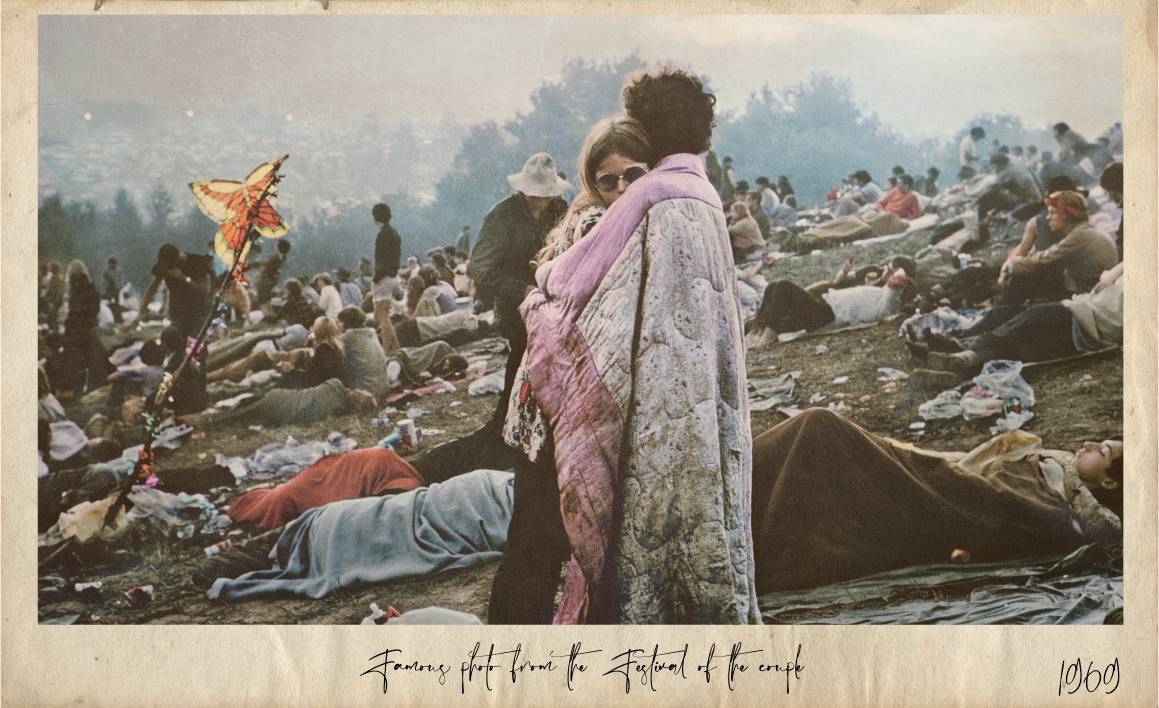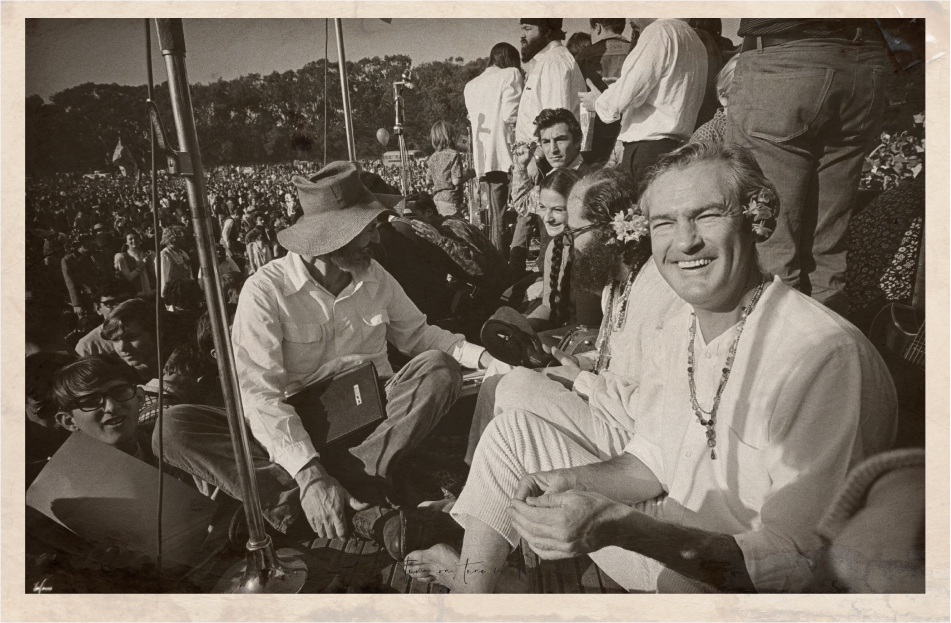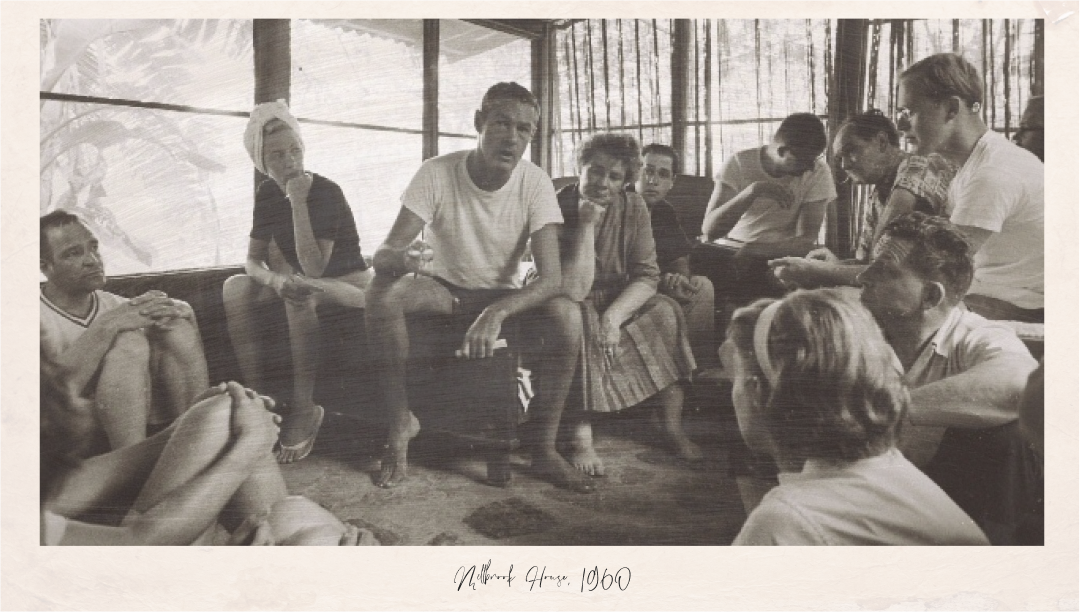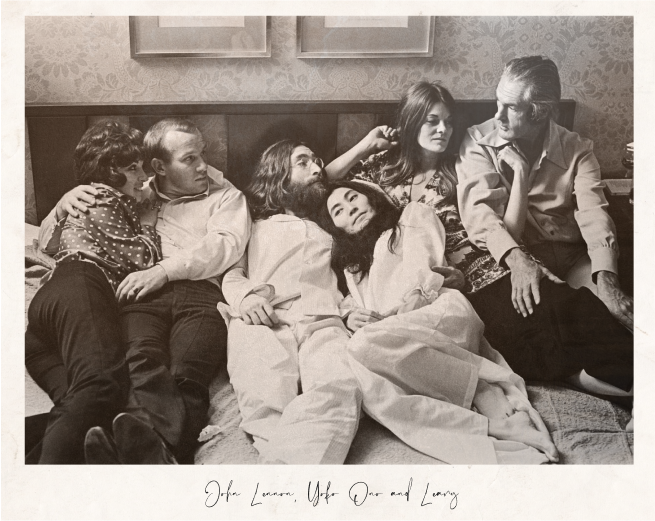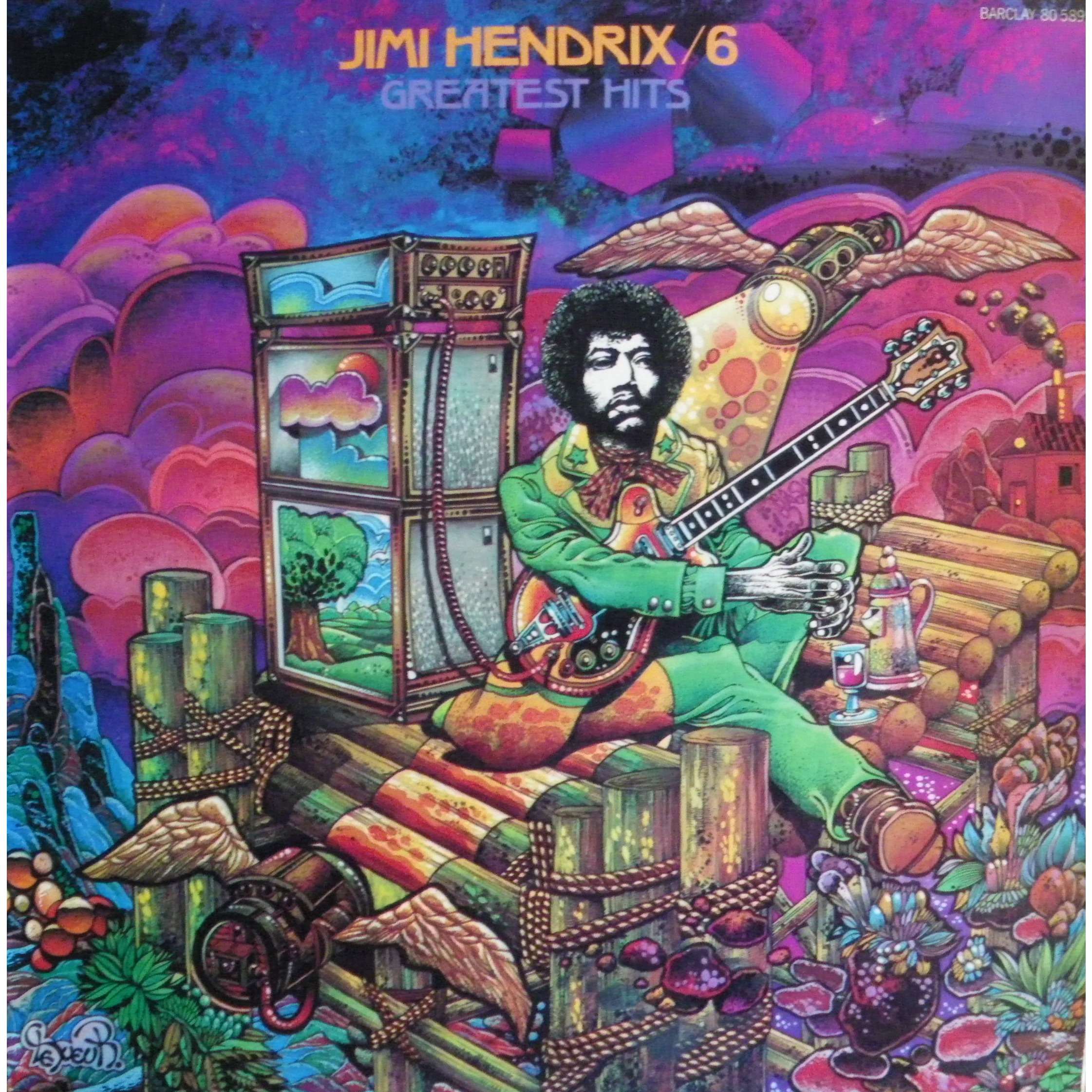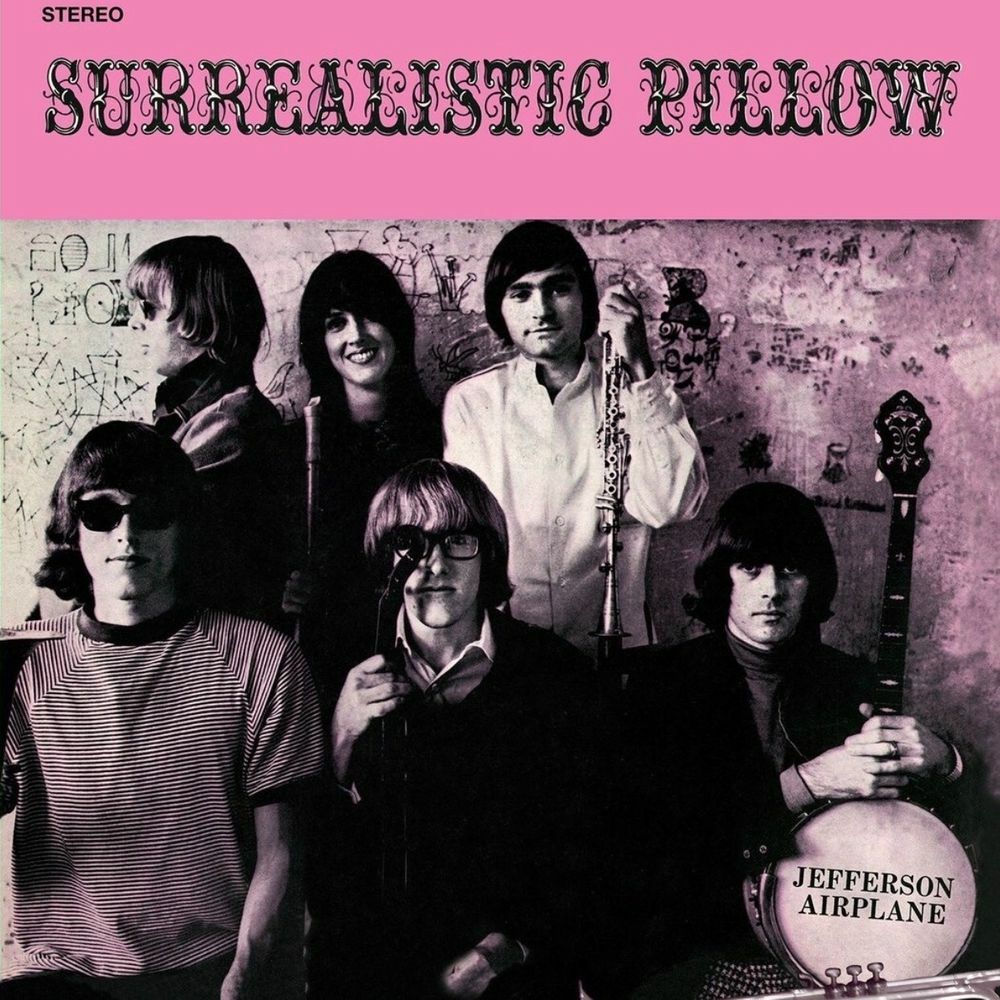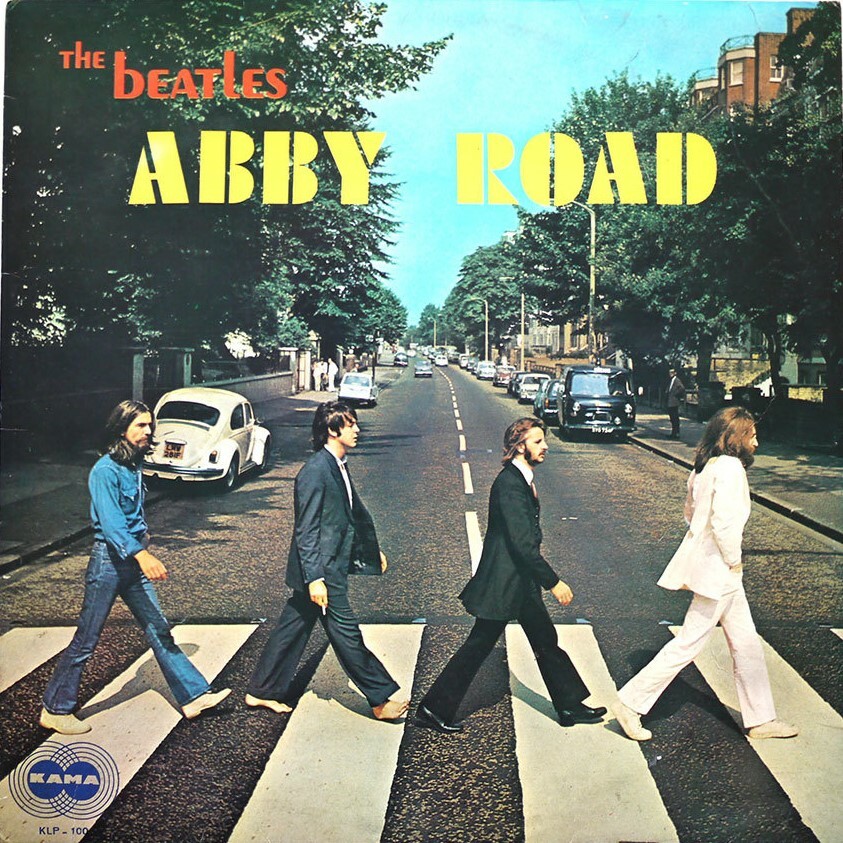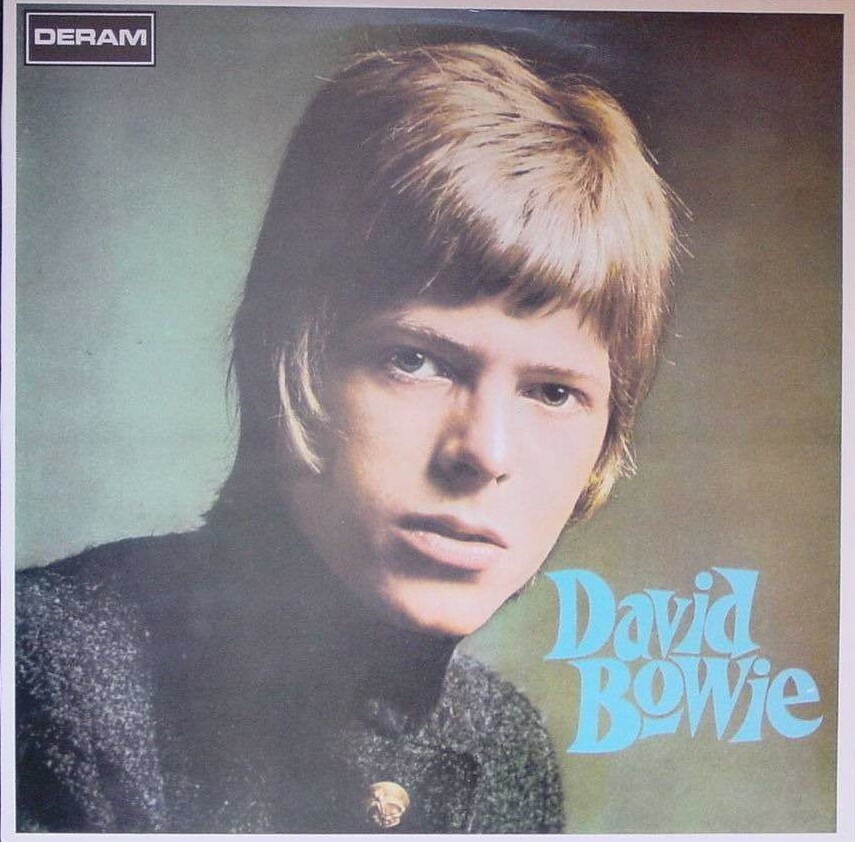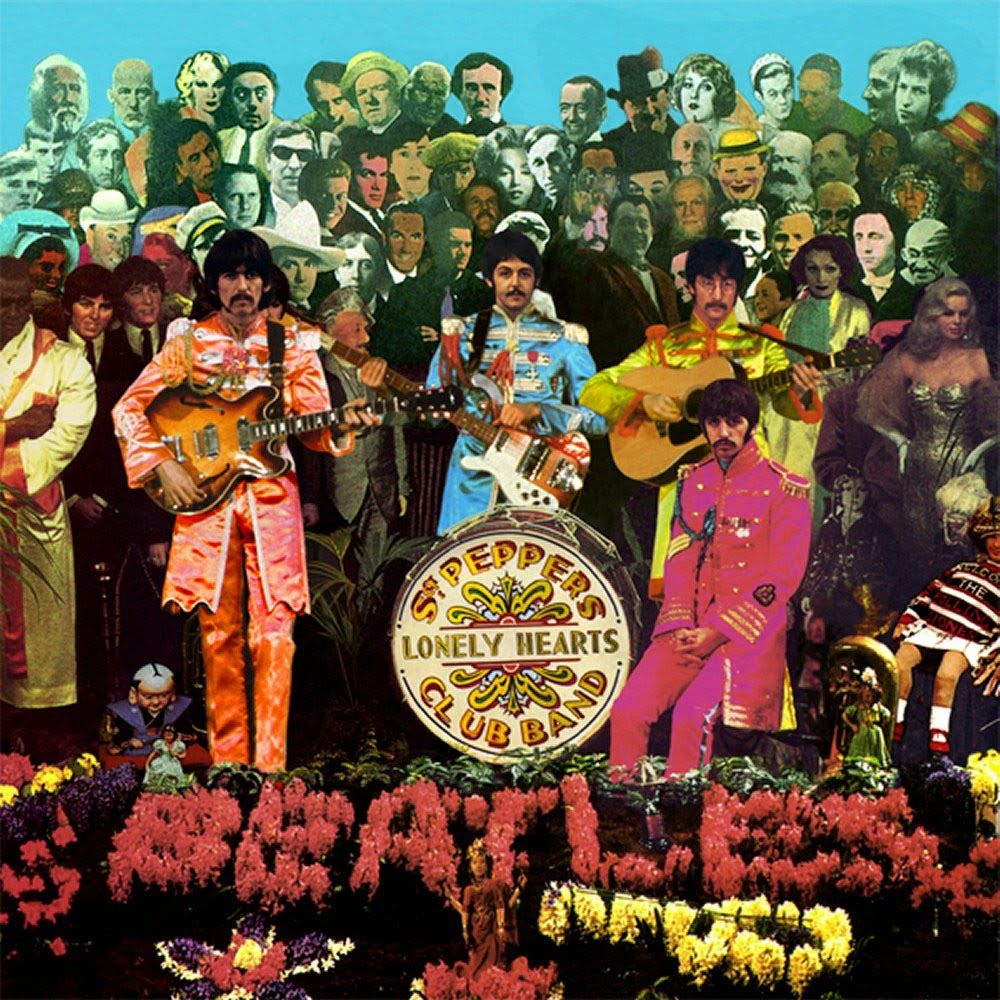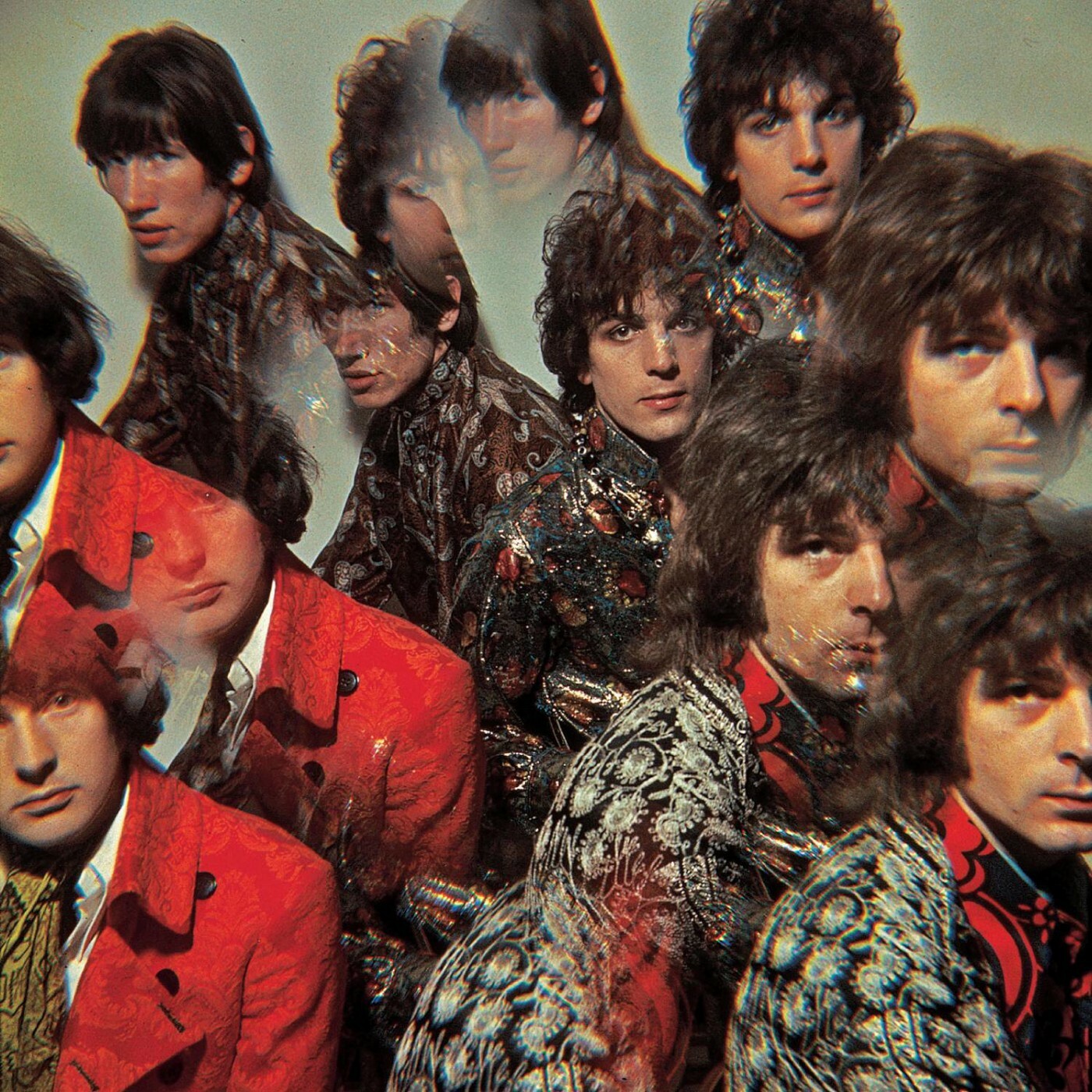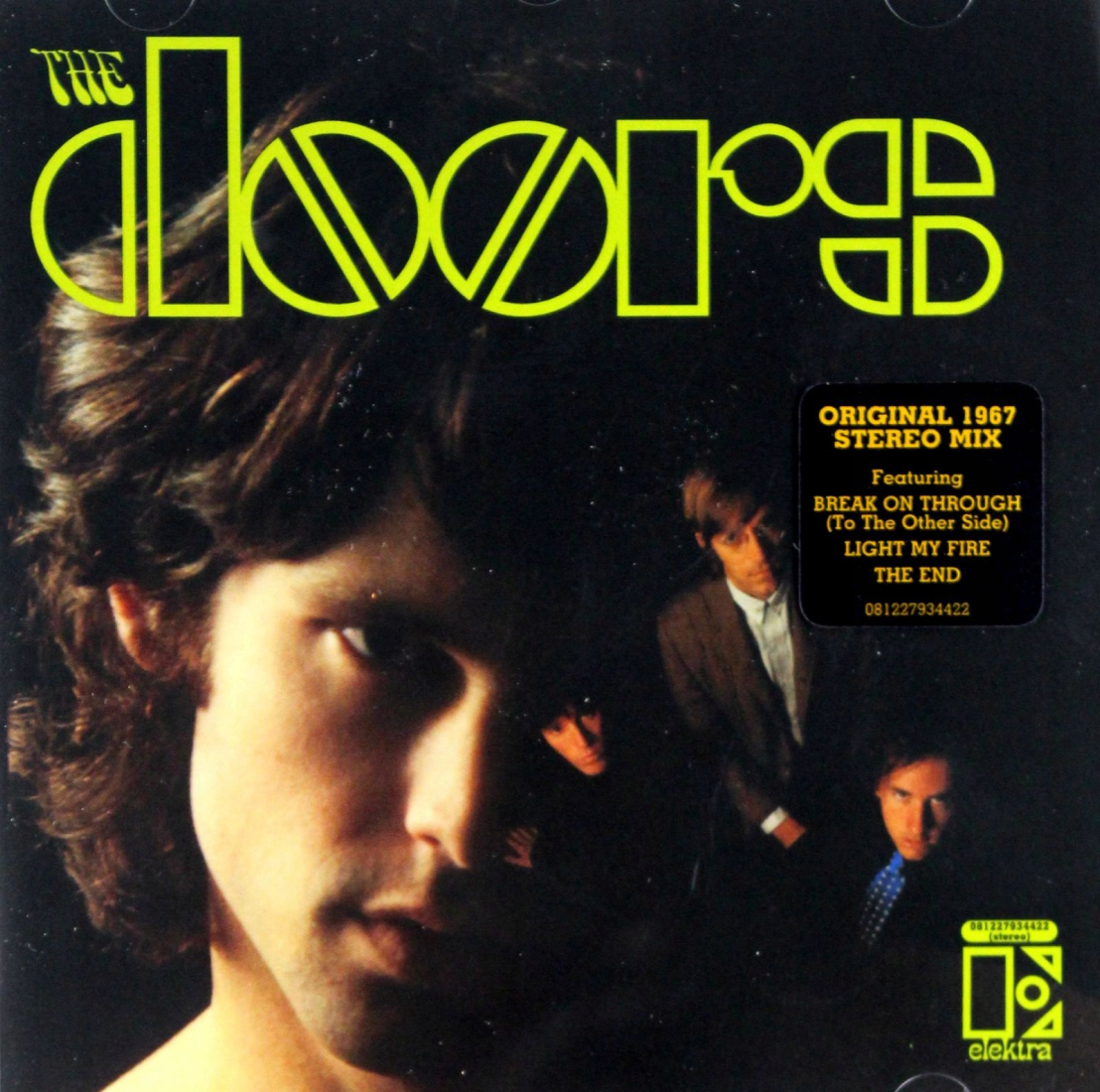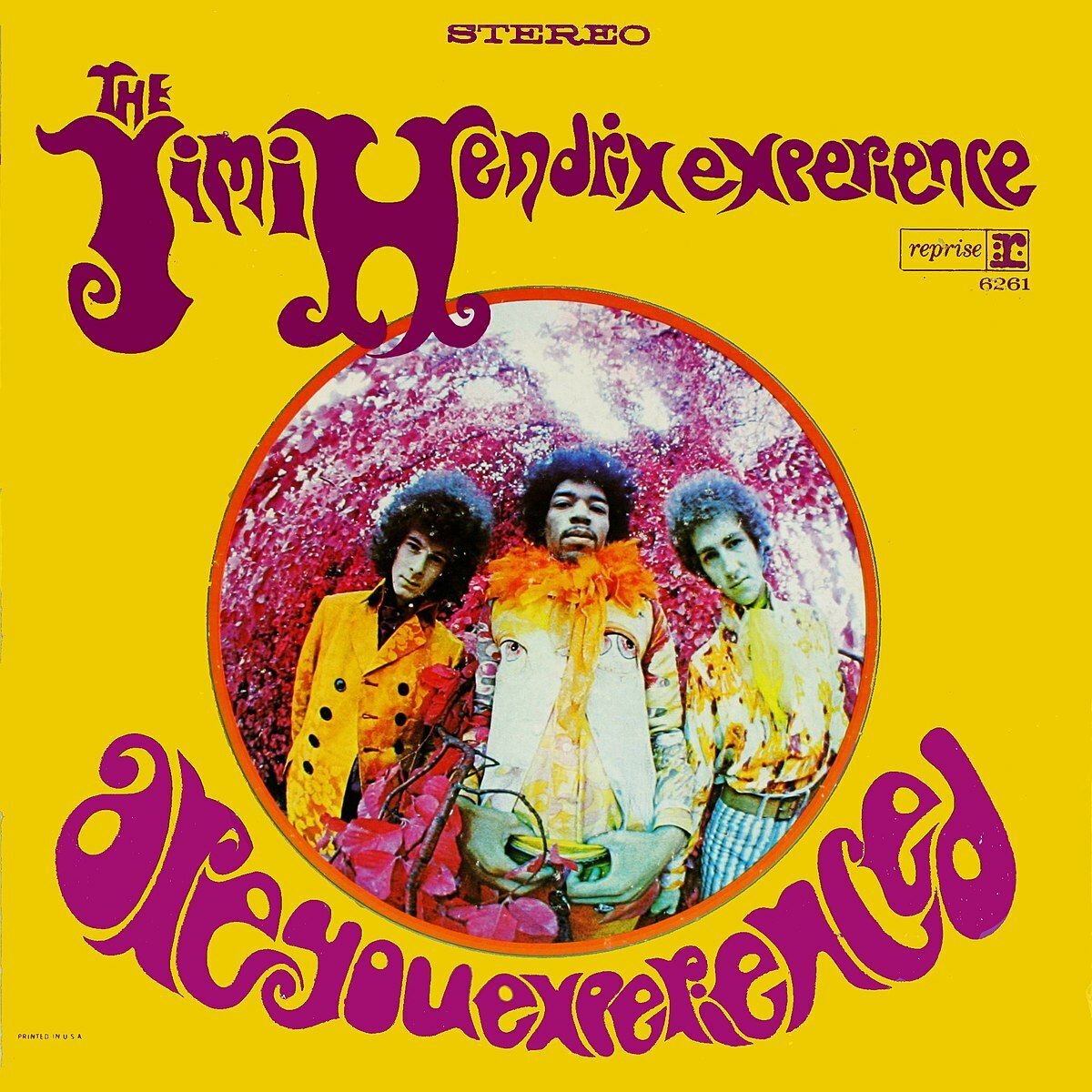Did the hippies
of those years affect
the present?
The political protests had long-lasting consequences. The protests, the government's attitude toward them illuminated the hypocrisy of politicians, and the world slowly began to change.
The most popular musicians of the 1960s were close to hippie culture. John Lennon and Janis Joplin painted their cars with psychedelic pictures, The Beatles dedicated songs to LSD, Jimmy Hendrix went on stage in hippie outfits. The effect of the 1969 Woodstock Festival - the pinnacle of the hippie subculture, which at the same time began the sunset of the movement - was like an earthquake.
Now the music of those years is considered a classic, and among polls of people. If you take Rolling Stone magazine's list of the top 500 songs, 2/3 are songs from the '60s.
Yves Saint Laurent and Karl Lagerfeld, who worked at Chloé in the early 1970s, fell in love with the hippie aesthetic. Fashion designers tried to transfer some solutions from the hippie closet to the catwalks.
The movement wore off in the late '70s. The young people grew up, but left behind a huge influence on the political situation, music, style in dress, art and culture.
Much of the hippie closet immediately became mainstream. The flared pants and mini-skirts, shortened tops and ponchos, bright colors and plant prints, long hair for men, mustaches and beards - all that in the 1960s was the attribute of the hippie style, 10 years later became an integral part of the disco style.
Influence on the political world
When the hippies who grew up became politicians themselves, they slowly began to change the rules and laws. And so now the world has become more loyal and tolerant: they legalize LGBT marriages, easy drugs, and are more tolerant of protests.
The hippie subculture had a huge influence on the fashion of the 1960s and 1970s. The peculiar symbolism of hippies - ripped jeans, loose clothing, with elements of folklore and low-tech (handmade), hairstyles, jewelry - all became an integral part of big fashion.
now the world has become more loyal and tolerant: they legalize LGBT marriages, easy drugs, and are more tolerant of protests. The respect for social and political freedoms in the U.S. and in the West - something that now we take for granted - has been achieved thanks to the Hippie culture.
This is non-commercial project. All content is taken from public sources and belongs to its owners.
Let's create a great project
together?
The influence of the hippies on politics is questioned by many. But, in any case, it was a huge movement and many protests that, at the very least, openly showed society's discontent with the war.
Did the hippies of those years affect the present?

